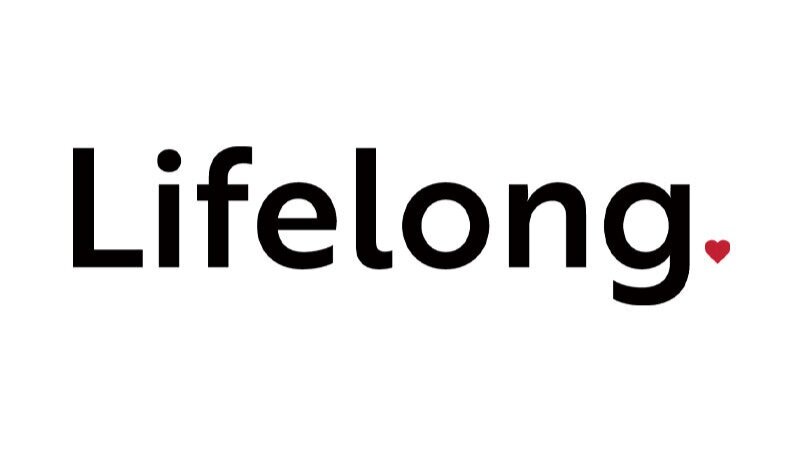Ramadan is the most holy month in the Islam faith: a time of reflection, self-improvement, and spiritual discipline. It’s also a time of joy and celebration, community gatherings, and shared meals at the end of a long day of fasting, called iftar meals. However, due to COVID-19, many low-income Muslim neighbors in the Seattle-area who rely on these community meals to break fast and get the nutrition they need, are facing added barriers as communal meals are not currently possible during the pandemic.
At Lifelong, we know we’re stronger when we work together. That’s why we’ve partnered with Wasat and local Black, Indigenous, and people of color (BIPOC) chefs during Ramadan, which began April 12, to make and deliver iftar meals and culturally-relevant groceries for Muslim neighbors in need.
“We were blown away by the amount of Muslim community members who needed access to nutritious and culturally-relevant food during Ramadan,” says Caila Nickerson, MSW, Lifelong’s Director of Food & Nutrition Programs. “In a time when many are feeling isolated, it’s been so rewarding to give our Muslim neighbors a COVID-safe moment of community as we deliver this food each week.”
In the first week of our Ramadan partnership, signups skyrocketed from 4 to 47 families and together we’ve served 275 meals every Saturday during our month-long partnership. Many of the families receiving food are Muslim refugees and immigrants with multi-generational households of up to 10 people who are struggling to make ends meet.
Thanks to local BIPOC chefs who focus on culturally-relevant food, our deliveries to families include delicious and nutritious iftar meals from well-known restaurants like Musang, a Filipino restaurant in Seattle who also participates in our annual Dining Out For Life event. Musang chefs made meals like chicken pyanggang, sambal udang, and bibingka to go with Lifelong’s culturally-relevant groceries that include items like halal meat, collard greens, dates, and plantains.
At Lifelong, we recognize that food goes beyond filling someone’s stomach. For those also battling health issues, such as diabetes, hypertension, or heart disease, these iftar meals are all the more vital to maintaining their health. Research shows that providing culturally-relevant food, like our East African grocery bags, helps people feel more motivated to stick with healthy eating programs that improve their overall health.
“Too often, people who rely on the emergency food system feel like they have to simply take what they can get, regardless of their unique medical, dietary, or cultural needs,” says Caila. “We know that food is medicine and the healthy meals and nutritious groceries we’re delivering to these families can make a life-changing difference.”
We are incredibly proud to partner with Wasat and local BIPOC chefs to help Muslim neighbors in need during Ramadan. Wasat provides a total of 1,200 meals each week through partnerships with organizations like Lifelong and other community sites. If you would like to support this program, please consider making a $70 donation to Wasat to feed a Muslim family for a week.

